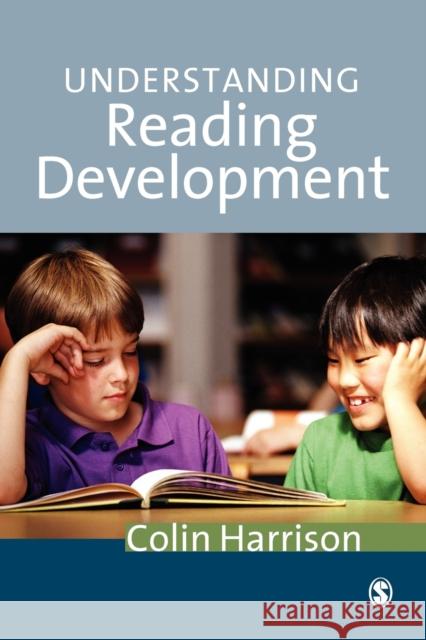Understanding Reading Development » książka
Understanding Reading Development
ISBN-13: 9780761942511 / Angielski / Miękka / 2004 / 216 str.
Understanding Reading Development
ISBN-13: 9780761942511 / Angielski / Miękka / 2004 / 216 str.
(netto: 190,42 VAT: 5%)
Najniższa cena z 30 dni: 176,25
ok. 22 dni roboczych.
Darmowa dostawa!
There are several aspects of this book that will make it a stimulating and useful read for many teachers: the exposition of psychological research that demonstrates many of the processes underlying word reading and text comprehension; the focus on reading for meaning and reading behaviours; the inclusion of case studies, which demonstrate Colin Harrison's philosophy in practice' - Journal of Research in Reading It is a great text for literacy researchers, for education students in masters programmes, and for teachers wanting a more advanced knowledge and understanding of reading processes and what it means to develop reading comprehension. Colin Harrison provides strongly stated opinion that is well-grounded in an understanding of the literature and linked to political, educational and social contexts. A scholarly work in the truest sense He is able to discuss and yet not get caught up in debates surrounding children's reading development, and he is not afraid to articulate his position based on the best evidence and experience'- Childforum, New Zealand Colin Harrison's knowledge of the research on reading processes and comprehension is encyclopaedic.... Compared to word-level factors, especially phonics, comprehension has been the poor relation in both research and teaching, so this book is just what is needed to redress the balance.... This is essential reading for all those committed to improving literacy attainment at all levels' - Professor Greg Brooks, University of Sheffield This book focuses on how to understand reading processes and what it means to develop reading comprehension. With a wide-ranging theoretical basis, the author makes new connections between work in critical theory, cognitive psychology and literacy. Key features include: } how and why we read } evaluating response to reading } a whole-school approach to developing reading. This book is highly recommended to teachers, literacy coordinators and students and lecturers of masters and doctoral programmes with a reading or literacy focus.











